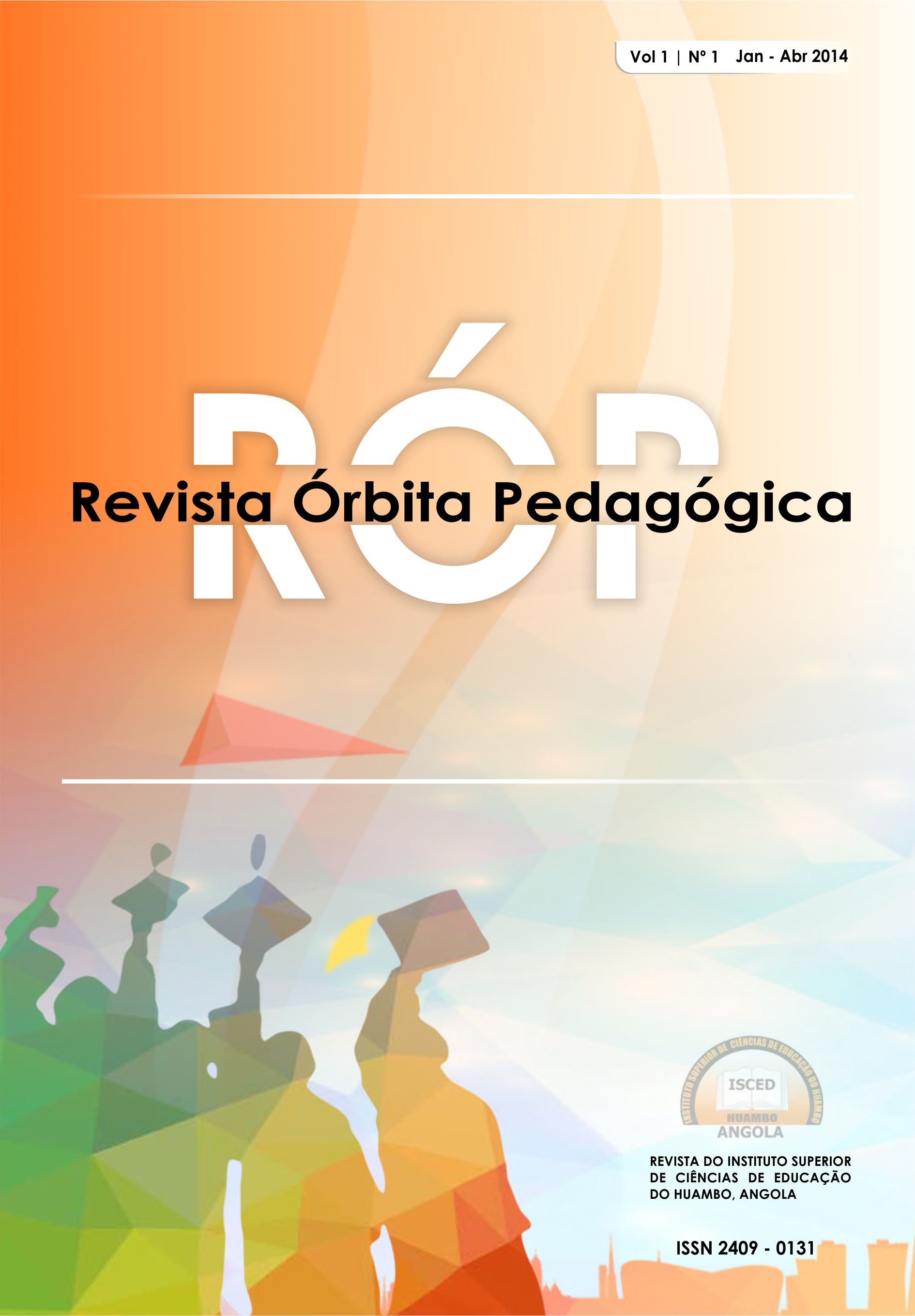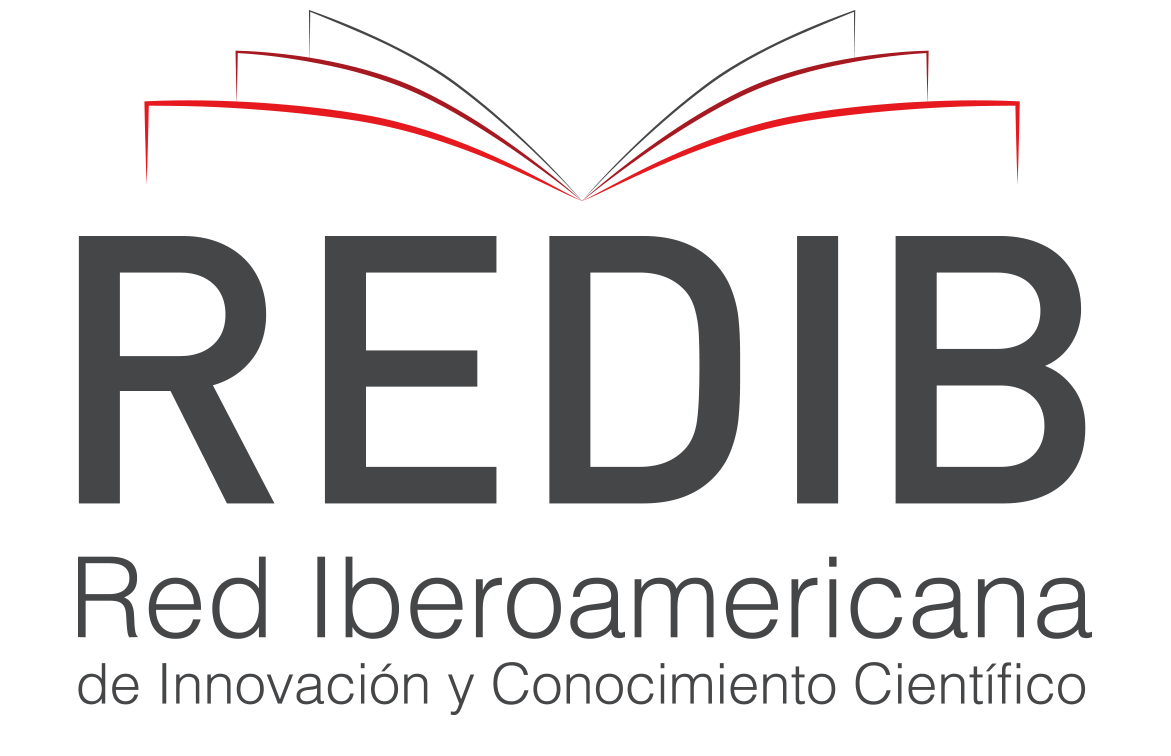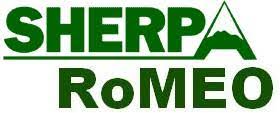MOSCA MODEL TO EVALUATE THE “ELT ON LINE COURSE” TO DEVELOP ENGLISH DIDACTICS IN PRE-SERVICE ENGLISH TEACHERS AT UNIVERSIDAD DISTRITAL FROM BOGOTÁ, COLOMBIA
Keywords:
English language teaching, didactic competence, virtual toolsAbstract
The presenters try to offer the most important findings of the research
Evaluation of the on line ELT (English language teaching) course to develop
the didactic competence through “Task based approach” as a methodological
strategy to solve some methodological difficulties of EFL student-teachers
with the use of the software ELT. The participants will learn about the Mosca
model used to evaluate virtual tools as well as the evaluation process and
the data gathered by means of 7 main categories. The presenters will also
discuss how this type of research contributes to meeting the standards of
doing research that combines both technological development and
pedagogical intervention in Colombian EFL teacher-education programs.
References
Callaos, N. and Callaos, B. (1993) “Designing with Systemic Total Quality”, en International Conference on
Information Systems, N. Callaos and B. Sánchez (eds.), International Institute of Informatics and Systemics,
Orlando, pp. 548-560.
Callaos, N. and B. Callaos, “Designing with Systemic Total Quality”, in International Conference on Information
Systems, Orlando, Florida, July, 1996, pp. 548-560.
Santoveña Casal. Unidad de Virtualización Académica. Universidad Nacional de Educación a Distancia (UNED)
Sonia Mª Santoveña Casal. Revista Etic@net núm. 4. Enero (2005). Criterios para la de Evaluación DE Cursos
Virtuales. http://www.ocv.org.mx/contenido/articulos/articulo01_sept2005.pdf
Gros, B. (2000) “Del software educativo a educar con software”. Artículo publicado en el número monográfico de la
revista digital Quaderns Digital. Disponible: http://www.quadernsdigitals.net/articuloquaderns.asp?IdArticle=3743
Hernández et all ( 2005) Un espacio virtual para la metodología de la enseñanza del inglés. Fondo de publicaciones
universidad Distrital. Botoa Colombia,
Mendoza, L., Pérez, M., Rojas, T. (2001) “Modelo sistémico para estimar la calidad de los sistemas de software”.
(MOSCA).ASOVAC, Acta Científica Venezolana, (53:3) p 435. LISI, Universidad Simón Bolívar. Disponible:
http://www.lisi.usb.ve/publicaciones
Pérez, M., Rojas T., Ortega, M., y Álvarez, C. (1999) “Toward Systemic Quality: Case study”, en 4Th Squad eeting,
Squad, Porlamar, Venezuela, July. Disponible: http://www.lisi.usb.ve/publicaciones
Rojas, T. and M. Pérez, “Improvement in the Development of Information Systems by increasing its Process
Effectiveness”, in InterSymp ’95 - 5th International Symposium on Systems Research, Informatics and Cybernetics,
Baden-Baden, Germany, July, 1995, pp. 36-42, http://www.lisi.usb.ve/publicaciones.
Dillenbourg, Pierre. (2000) “Virtual Learning Environments” In EUN Conference 2000 «Learning In the New
Millennium: Building New Education Strategies for Schools». University of Geneva. pp. 2-6.
http://tecfa.unige.ch/tecfa/publicat/dil-papers-2/Dil.7.5.18.pdf.
Published
How to Cite
Issue
Section
License
Copyright (c) 2022 Flor Marina Hernández Saldaña

This work is licensed under a Creative Commons Attribution-NonCommercial-ShareAlike 4.0 International License.

















